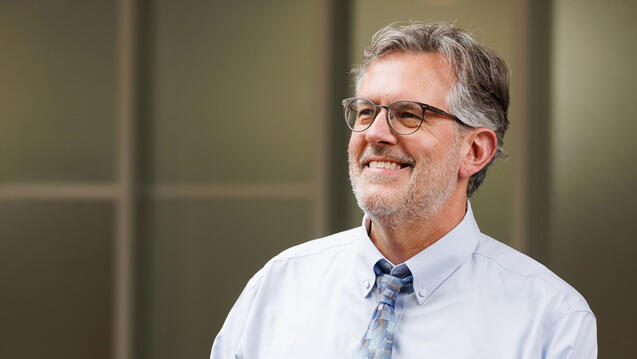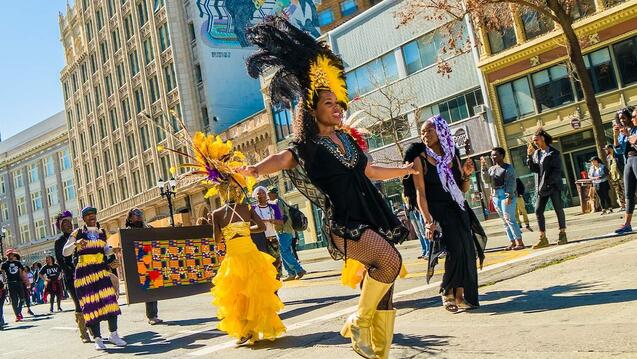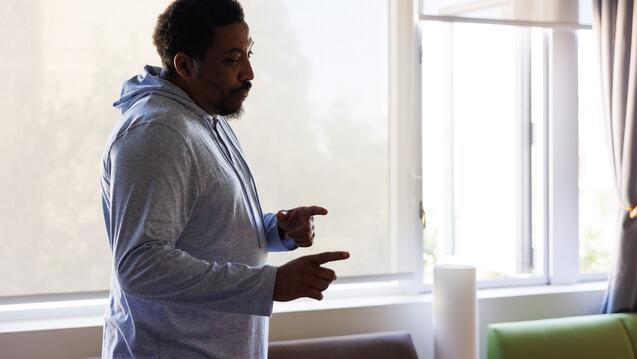Courts: LGBT Parents Are Family
Even as the U.S. Ninth Circuit Court of Appeals hears arguments on whether a ban on same sex marriage is constitutional, other U.S. court rulings have opened the door to expanded rights for lesbian, gay, bisexual, and transsexual (LGBT) parents in child custody and adoption cases, according to research conducted by USF Associate Professor of sociology Kimberly Richman.
Richman, who researched all 316 published U.S. appeals court cases from 1952-2004 involving LGBT parents and child custody, visitation, or adoption, said there is definitely a “right” and “wrong” way to pursue parental rights in court.
Faced with the reality that some judges use the “rights of the child” to discriminate against LGBT parents, arguing the child’s rights trump all, LGBT parents have found more success in family law when they frame the case in the context of pursuing their rights to preserve their relationship with a child or children rather than preserve their individual civil rights, Richman said.
The day-long symposium, which includes experts from USF, Stanford University, the University of Minnesota Law School, and a senior counsel for the American Center for Law and Justice, among others, takes place Feb. 26 at the University of San Francisco’s Fromm Hall.
Five panels will examine: empirical data regarding the material consequences of denying or recognizing same-sex marriage; recent federal constitutional challenges to state bans of same-sex marriage; the role of competing social movements in shaping marriage; the emerging focus on questions about parenting children and securing families; and, the intersection of religion and anti-discrimination law in the context of same-sex marriage.
Court rulings in such cases are far from uniform, but that “indeterminacy,” as Richman and other scholars refer to it, has provided an opportunity for LGBT families to pursue expanded family rights. “Family law is very vague,” said Richman, in her book Courting Change: Queer Parents, Judges, and the Transformation of American Family Law. “That allows openings for new types of families and new types of rights to emerge, and that’s exactly what’s led to custody and adoption rights for gay and lesbian parents.”
Certainly discrimination exists, but on the whole more courts are recognizing non-biological, LGBT, and alternative parents’ rights, Richman said.
Richman, who became interested in family law issues involving gay and lesbian parents in the early ’90s while studying the use of psychological expert testimony in family court, said that by revealing how these cases unfold and how family law has transformed, she hopes to make the path clearer for those pursuing equal rights for LGBT parents and families.
USF students and the public, who are likely to someday become parents, benefit from the ability of the research to shine a light on an area of law that could impact them as potential members of the LGBT community or as the children, relatives, or friends of LGBT couples, according to Richman.
“We are all affected by what society and the courts see as the definition of ‘family’ and the definition of the ‘best interest of the child,’” Richman said.


